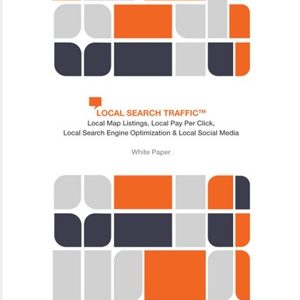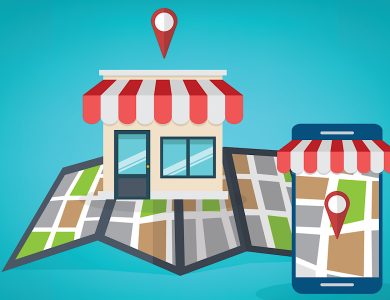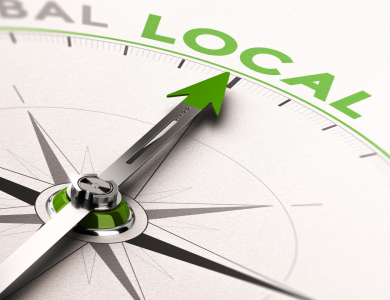
Beacons: Enhancing SEO and the In-Store Shopping Experience
Beacons, the in-store devices that enable retailers to communicate with consumers’ mobile devices to theoretically improve the shopping experience, could significantly impact SEO as they evolve.
Increased Importance of Local Search
Since beacon interactions occur within specific geographic ranges, there will be an increased emphasis on local search. Businesses may need to prioritize local SEO to influence potential customers during "near-me" moments on mobile devices.
Nathan Stenberg, organic SEO specialist at Anvil Media, explains, “With this visibility in the SERPs, a visitor would get information about surrounding businesses, enabling them to choose where to go for services. This would put them in the range of the beacon, allowing the brick-and-mortar location to market directly to them.”
This could include promotions such as daily or weekly specials exclusive to in-store visitors or discounts for first-time customers.
Savvy Consumers and Limited Capabilities
Luke Rees, digital marketing lead at AccuraCast, points out that consumers are increasingly savvy. A push notification may not seal the deal, as customers can easily compare prices on their mobile devices. Beacons are Bluetooth-enabled, limiting their follow-up query capabilities.
Rees highlights, “If the ad doesn’t provide all the needed information at once, a search may be required. Brands will need to ensure they provide relevant answers and contact details in mobile search results.”
Beacons Enhancing Hyper-Local Search
Sam Williamson, SEO executive at Aims Media Glasgow, notes that beacons could optimize hyper-local searches. However, he adds that hyper-local searches are highly specific, making them difficult to optimize and potentially not worth it due to low buyer intent.
“Once an article is created outlining specific local information, Google may not need to display others. The ad display alongside these searches is debatable, as these searches usually have little buyer intent,” Williamson says.
More Personalized Search Results
Joe Scartz, managing director of digital commerce and integration at TPN, explains that beacons—currently “dumb devices”—could evolve to provide more personalized information.
Adam Binder, founder of Creative Click Media, adds, “Beacon data paired with prior search queries could better meet consumer needs in real-time. For example, a customer searching for jeans could receive beacon alerts about nearby stores with jeans on sale.”
Ranking Signal and Improved Local Results
Evan Calafates, Search Marketing Manager at EGC Group, suggests that Google could use beacon data on locations and foot traffic as a ranking factor. Beacons fall under interruption-based marketing but need to be able to listen to users as well to become a ranking signal.
Matt Brooks, co-founder and SEO expert at SEOteric, says, “Beacons could be used as an additional local ranking signal, improving the quality and accuracy of local search results.”
Pulling Data from Devices
As mobile devices adapt, beacon technology could potentially interact with retail locations, integrating beacon data with users’ mobile data. This could influence search results and personalized messaging from beacons.
Querying Friends’ Preferences
Beacons could enable consumers to query what products and services their friends like, using data from platforms like Facebook and DoubleClick.
Anticipating Consumer Needs
Matt Bentley, founder of CanIRank, talks about implicit search. Marketers will need to anticipate user needs and deliver real-time messaging as implicit searches rise due to AI and IoT.
Opportunities in Open Networks
Joe Scartz points to Eddystone, an open beacon format from Google, as an opportunity to serve content to users based on location and past histories. This could lead brands to compete for top content delivery spots within open beacon networks.
Attribution and Retargeting
Per Matthew Davis, vice president of marketing at Reveal Mobile, as retailers deploy beacons extensively, they build a network of digital tracking pixels that aid in retargeting, attribution, and SEO.
Data Collection
Brands can use beacons for data collection to inform SEO strategies. Luke Rees mentions that CPG brand Unilever used Apple’s iBeacons to collect customer data for remarketing later.
Conclusion
Beacons offer an opportunity for retailers to learn more about their customers and better tailor offers. They also enable consumers to conduct more nuanced queries, enhancing the overall shopping experience.
Image Credits
- Featured Image: dxinerz/DepositPhotos.com
- In-Post Photo: ibrak/DepositPhotos.com



